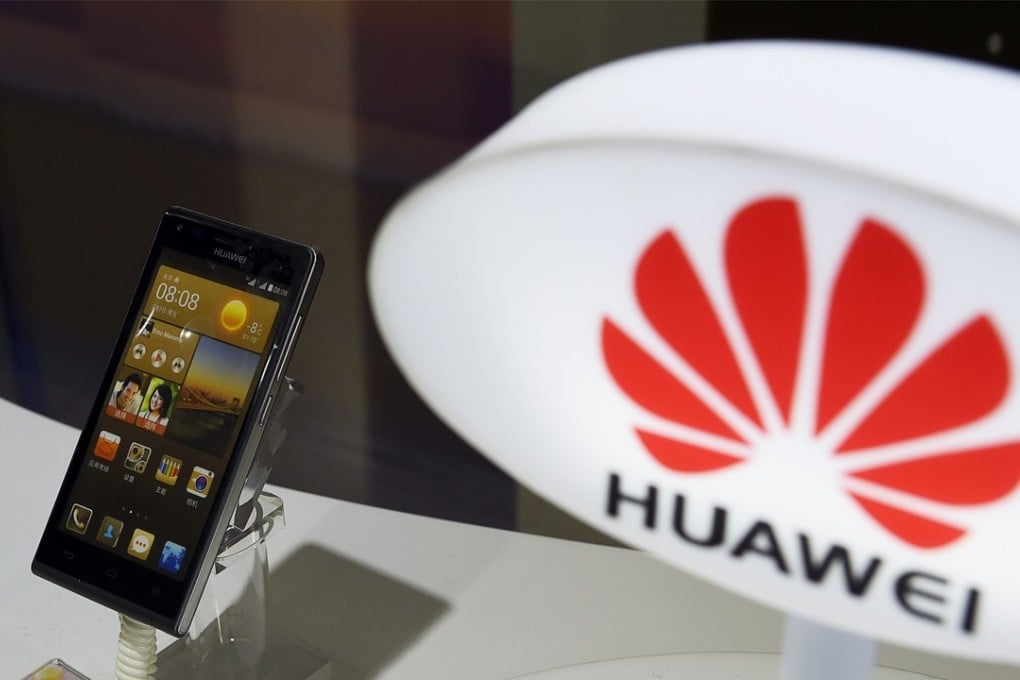Huawei has been building its substitute to Android for a rainy day. Is that day looming?
Having an alternative smartphone OS may have taken on added urgency for China with rising trade tensions with the US. Huawei has been developing and perfecting its own system, according to people familiar with its plans

The US ban that bars Chinese telecommunications equipment maker ZTE from using American products and services has served as a reality check for China’s technology ambitions. The prospect that ZTE could lose its license to use Google’s Android operating system for smartphones has also raised the question: does China need its own smartphone OS as a backup?
For a start, Android and Apple’s proprietary iOS have a stranglehold on smartphone operating systems, accounting for 99.9 per cent of the global market, according to Gartner estimates.
There has been a long line of developers and operating systems seeking to break the duopoly: Microsoft with its Windows Mobile OS, and Samsung Electronics with its Tizen system. There was also Nokia’s Symbian platform, considered the pioneer of the age of the smartphone.
Huawei Technologies, the top-selling smartphone brand in China and world’s biggest telecommunications equipment manufacturer, could be the next to try, if push comes to shove. The company has been developing and perfecting its own smartphone OS, according to four people familiar with the company’s plans.
The company started building its own operating system after a US investigation into Huawei and ZTE in 2012, one of the people said, asking not to be named discussing confidential matters. Huawei also has its own OS for tablets and personal computers, the person said.